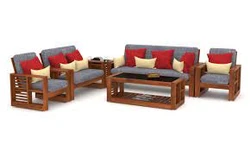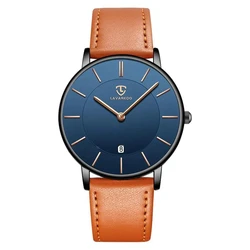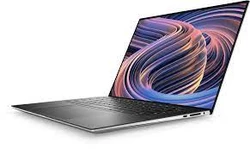transparent pvc sheet roll
Premium Transparent Pvc Sheet Roll Sourced from Certified Global Manufacturers and suppliers
Global Sourcing Hub
Source from 2,800+ verified transparent pvc sheet roll manufacturers in 45+ countries with Secure Trade Guarantee







